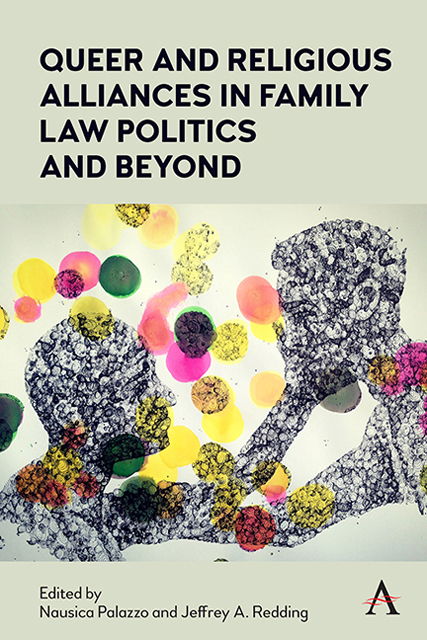Chapter 9 - Achieving Equality without a Constitution: Lessons from Israel for Queer Family Law
Published online by Cambridge University Press: 09 December 2022
Summary
In recent decades, it has seemed as though queer people and women's rights advocates were making progress in the culture war over the family. From 2001 to 2021, 31 countries legalized marriage for same-sex couples. Majorities in the United States and European Union countries came to support same-sex marriage and other fundamental rights for LGBTQ families. Although some variation remains, divorce is now relatively easy to attain in most Western nations around the world. Parentage and custody rights for same-sex couples are increasingly the norm in Western democracies.
Yet, despite this growing support for pluralistic family forms, divisions remain, and, in many countries, legal victories for religious conservatives threaten to scale back progress for women and sexual minorities. For example, in 2018, the United States Supreme Court decided Masterpiece Cakeshop v. Colorado Civil Rights Commission in favor of a baker who refused service to a same-sex couple because of the baker's religious beliefs. In the past seven years, three politically motivated lawsuits challenging the Affordable Care Act's contraception mandate on religious and moral grounds landed in the Supreme Court. In 2021, the Court sided with a Catholic adoption agency that refused to work with LGBTQ couples. Women's and girls’ right to terminate a pregnancy, even before viability and even in cases of rape or incest, is in peril, with the Supreme Court deciding to sit by and watch for months as Texas, the country's second-largest state, passed a law criminalizing abortion and effectively rendering Roe v. Wade a dead letter. With a new supermajority on the Supreme Court since 2020, social conservatives in the United States have pressed forward with a sweeping set of religious exemptions from public services and nondiscrimination laws that threaten to turn respect for group differences into a license to discriminate. And these recent attacks go well beyond the conservatives’ bread and butter issues of abortion and “the family”—as evidenced by pandemic-era religious freedom challenges to even basic public health measures such as mask mandates, immunizations, and restrictions on large gatherings. That is, despite increased acceptance of pluralistic family forms, it seems that the United States is suddenly awash in a tide of religiosity.
- Type
- Chapter
- Information
- Queer and Religious Alliances in Family Law Politics and Beyond , pp. 175 - 196Publisher: Anthem PressPrint publication year: 2022

